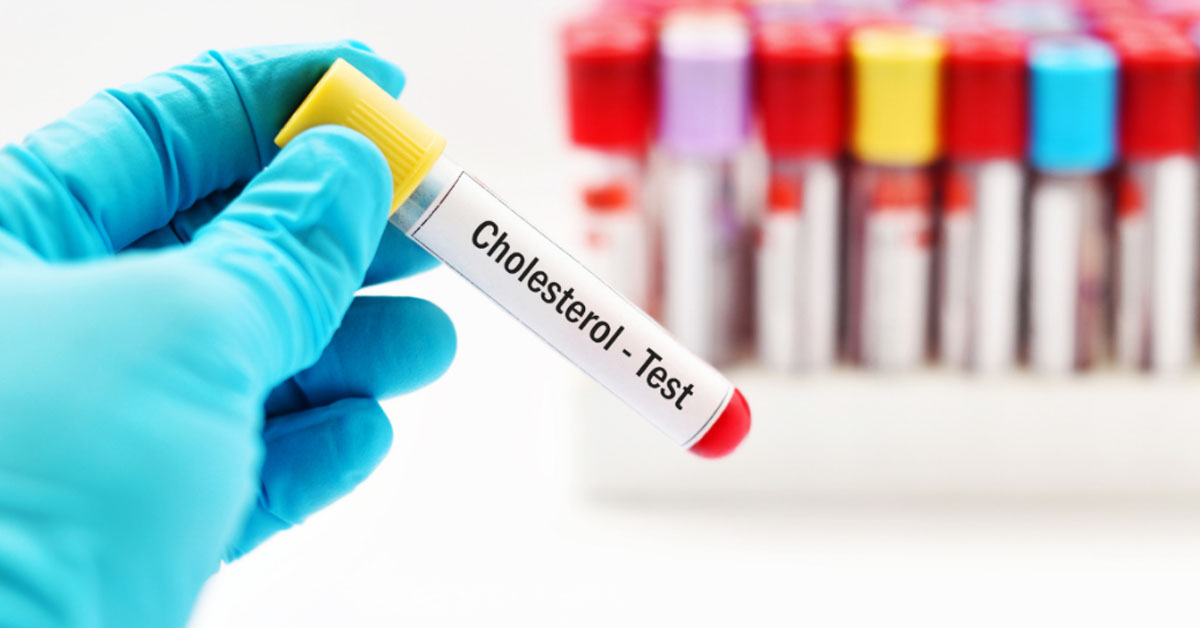

The Ayurvedic Solution to Chronic Pain: How to Relieve Joint Pain and Inflammation Naturally
Chronic pain, particularly joint pain and inflammation, affects millions of people worldwide. Conditions like arthritis, rheumatism, and other inflammatory disorders can limit mobility, reduce quality of life, and cause daily discomfort. While conventional treatments often provide temporary relief, many people are turning to Ayurveda for natural, long-term solutions to manage chronic pain.
Ayurveda offers a holistic approach to pain management, focusing on balancing the body’s doshas, improving circulation, and promoting natural healing. In this blog, we’ll explore how Ayurveda helps relieve joint pain, inflammation, and other forms of chronic pain using herbs, therapies, and lifestyle modifications.
Understanding Chronic Pain and Inflammation in Ayurveda
In Ayurveda, pain and inflammation are primarily associated with an imbalance in the Vata dosha (which governs movement and circulation) and Pitta dosha (which governs heat and inflammation).
When these doshas become unbalanced, they lead to pain, swelling, and discomfort in the joints, muscles, and tissues. The accumulation of Ama (toxins) in the body due to poor digestion or environmental factors can also contribute to chronic pain.
Ayurvedic treatments focus on restoring balance to the doshas, eliminating toxins, and promoting better circulation and joint lubrication. The goal is to reduce inflammation, relieve pain, and improve overall mobility.
Ayurvedic Remedies for Joint Pain and Inflammation
Turmeric (Curcuma longa): Turmeric is one of the most well-known herbs in Ayurveda for its anti-inflammatory and pain-relieving properties. The active compound curcumin helps reduce inflammation in the joints, improve circulation, and relieve pain. Turmeric milk or turmeric supplements are commonly recommended for individuals with chronic pain, especially those with arthritis or other inflammatory conditions.
- Ashwagandha (Withania somnifera): Ashwagandha is an adaptogenic herb widely used in Ayurveda to reduce inflammation and stress. It is particularly beneficial for managing musculoskeletal pain and joint stiffness. Ashwagandha works by reducing the level of C-reactive protein (CRP), a marker of inflammation in the body. Taking Ashwagandha regularly can help restore strength to the joints and muscles, improving mobility
- Ginger (Zingiber officinale): Ginger is a powerful herb used in Ayurveda to ease joint pain and reduce inflammation. It has natural analgesic properties and helps improve circulation. Ginger tea or fresh ginger can be consumed daily to relieve pain associated with arthritis, muscle soreness, and general inflammation.
- Boswellia (Boswellia serrata): Boswellia, commonly known as Indian frankincense, is a potent anti-inflammatory herb that helps reduce joint pain and improve mobility. It works by inhibiting enzymes that contribute to inflammation in the joints, making it particularly beneficial for conditions like rheumatoid arthritis and osteoarthritis. Boswellia extracts can be used in the form of capsules or oils for pain relief.
- Eucalyptus Oil: Eucalyptus oil is often used in Ayurvedic treatments for pain relief due to its analgesic and anti-inflammatory properties. It helps reduce joint stiffness and swelling. Applying eucalyptus oil topically to affected areas or using it in steam therapy can provide immediate relief from joint pain and inflammation.
- Mahanarayan Oil:Mahanarayan oil is a traditional Ayurvedic oil made from a blend of herbs like ashwagandha, turmeric, ginger, and basil. It is used to massage painful joints and muscles. Regular use of this oil can help improve joint mobility, reduce pain, and enhance the flexibility of the joints.
Panchakarma for Chronic Pain Relief
Panchakarma is an Ayurvedic detoxification therapy that is particularly effective for treating chronic pain and inflammationThis holistic approach helps cleanse the body of accumulated toxins (Ama) and restores balance to the doshas. Key therapies in Panchakarma for pain management include:
- Abhyanga (Oil Massage): Abhyanga is a warm oil massage that improves circulation, reduces stiffness, and promotes detoxification. The medicated oils used in Abhyanga help reduce Vata dosha imbalances, which are often associated with pain and inflammation in the joints. Regular Abhyanga can provide long-term relief for chronic pain conditions.
- Svedana (Steam Therapy):Svedana involves the use of steam to open the pores and promote detoxification through sweating. This therapy improves blood circulation, relaxes muscles, and helps expel toxins from the body. Svedana is commonly used in combination with Abhyanga for enhanced pain relief and joint flexibility.
- Virechana (Purgation Therapy): Virechana is a therapeutic purgation treatment that helps eliminate excess Pitta and toxins from the body. This therapy can help reduce inflammation in the joints and improve overall health by cleansing the digestive system. Virechana can be especially helpful for individuals with Pitta-dominant pain conditions like gout.
- Basti (Enema Therapy):Basti is an Ayurvedic enema therapy that helps cleanse the colon and eliminate toxins from the digestive tract. It is particularly effective for individuals with Vata dosha imbalances, which can lead to chronic pain, joint stiffness, and musculoskeletal issues.
Diet and Lifestyle Tips for Managing Joint Pain
- Anti-inflammatory Diet: Ayurveda recommends following a Pitta-pacifying and Vata-balancing diet to manage inflammation and joint pain. This includes consuming fresh, organic vegetables, whole grains, and healthy fats. Avoid processed, fried, and overly spicy foods that can aggravate inflammation.
- Hydrate Properly:Drinking warm water throughout the day helps keep the joints lubricated and supports the body’s natural detox process. Herbal teas like ginger tea, turmeric tea, or peppermint tea can also help reduce inflammation and improve digestion.
- Stay Active with Gentle Exercise: Regular movement and exercise are essential for maintaining joint health. Yoga, walking, and swimming are gentle forms of exercise that can improve flexibility, reduce stiffness, and relieve pain. Specific yoga poses like Bhujangasana (Cobra Pose) and Trikonasana (Triangle Pose) help open the hips and improve joint mobility.
- Rest and Relaxation:While exercise is important, it’s equally essential to get enough rest. Adequate sleep and stress management are vital for managing chronic pain. Practice relaxation techniques such as meditation or deep breathing exercises to reduce muscle tension and promote overall well-being.
Relieving Joint Pain and Inflammation Naturally with Ayurveda
Chronic joint pain and inflammation can severely impact your quality of life. Ayurveda offers a natural, effective approach to managing pain through herbs, Panchakarma therapies, and dietary changes that help restore balance to the body
By targeting the root causes of inflammation and supporting the body’s natural healing processes, Ayurveda provides lasting relief for joint pain
At SriPAA Ayurvedic Hospital, we’re committed to empowering women to live healthy, balanced lives through the wisdom of Ayurveda. Under the guidance of Dr. Mallikarjun Dambal, the Best Ayurvedic Doctor in India, you can take a step towards holistic health and well-being.
Ready to live pain-free and regain your mobility? Book a consultation with Dr. Mallikarjun Dambal at SriPAA Ayurvedic Hospital today and start your journey towards a healthier, stress-free life!


